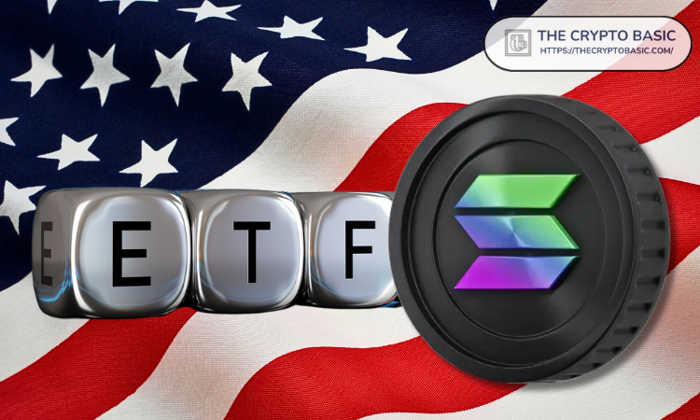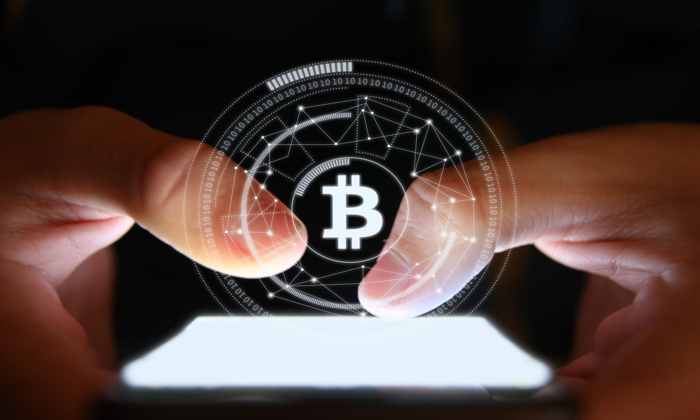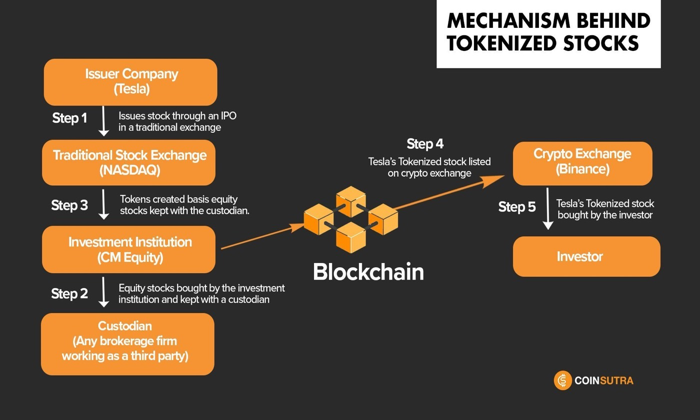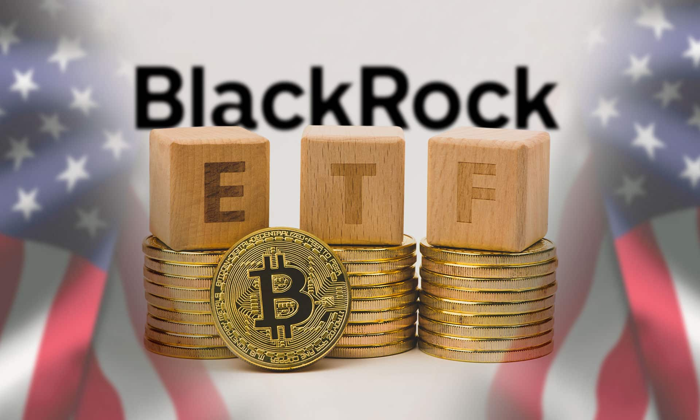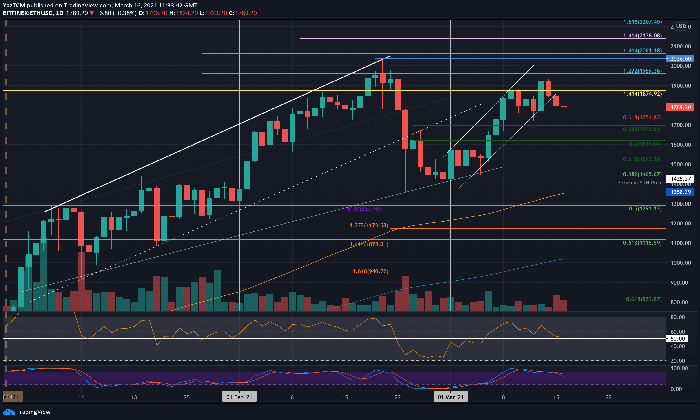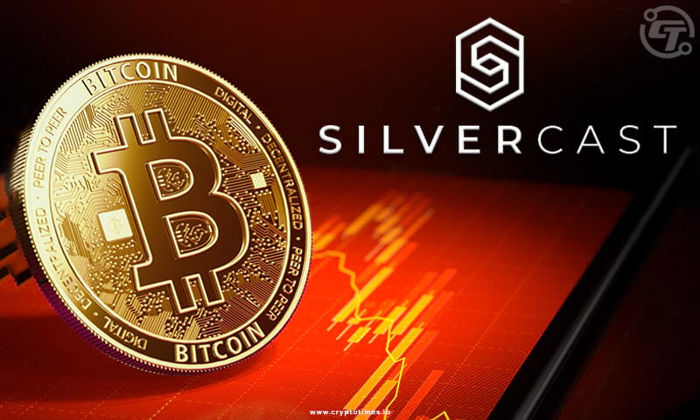The introduction of the Tinian stablecoin marks a significant milestone for the Northern Mariana Islands, as local lawmakers push forward with stablecoin legislation aimed at bolstering the territory’s economy. Recently, the Northern Mariana Islands Senate voted to override a governor’s veto on a bill that could see the Tinian government issue a unique digital currency known as the Tinian stablecoin. This legislation not only allows for the creation of the stablecoin but also paves the way for licensing internet casinos, potentially transforming Tinian into a hub for digital finance and gaming. The proposed Marianas US Dollar (MUSD), a fully-backed stablecoin, aims to enhance financial transparency and economic diversification in a region heavily reliant on tourism. By positioning itself at the forefront of digital currency innovations, Tinian seeks to attract investment and stimulate growth, with an aim to become a leader in the Pacific’s emerging crypto landscape.
The Tinian government is on the verge of launching a groundbreaking digital currency initiative that could redefine the economic landscape of the region. This innovative approach includes the establishment of a stable digital token, which is expected to provide a reliable medium of exchange for internet casinos and local commerce alike. As calls for economic reform grow louder, the possibility of creating the Marianas US Dollar (MUSD) could meet a critical need for financial stability. Additionally, the legislation not only addresses the intricacies of digital finance but also reflects a commitment to modernize the territory’s regulatory framework. If successful, this initiative could serve as a standard for other municipalities in the Northern Mariana Islands and beyond, demonstrating how targeted legislation can foster growth in emerging sectors.
Overview of Tinian’s Stablecoin Legislation
The recent developments in Tinian’s stablecoin legislation mark a significant turning point for the Northern Mariana Islands. Following the Senate’s 7-1 vote to override Governor Arnold Palacios’ veto of the stablecoin bill, locals are optimistic about the potential for economic revitalization. This legislation not only paves the way for internet casinos but also introduces the “Tinian Stable Token,” which could revolutionize how digital transactions occur on the island. By granting the Tinian treasurer authority to manage and redeem this stablecoin, the local government aims to create a transparent and regulated online gambling environment.
As Tinian navigates the complexities of implementing stablecoins within its economy, concerns from multiple stakeholders have surfaced. Critics, including Governor Palacios and some Senate members, point to potential legal challenges and the need for substantial enforcement resources. However, proponents argue that the Tinian government will be able to manage these challenges effectively, ensuring that game play remains fair while stimulating local economic growth through the issuance of a US dollar-backed stablecoin.
Implications of the Tinian Stable Token for Local Economy
The introduction of the Tinian Stable Token holds considerable implications for the economy of Tinian. With an economy that heavily relies on tourism, the advent of a stablecoin could provide a new revenue stream, especially as the locality seeks innovative solutions post-COVID-19 pandemic. By creating licensed internet casinos and enabling the use of the stablecoin within these platforms, Tinian aims to attract not only local participants but also online gamblers from around the world. This influx could lead to job creation and increased spending within the local community, fostering an environment ripe for economic diversification.
Moreover, the stablecoin aims to enhance the financial infrastructure of the Northern Mariana Islands. With the Marianas US Dollar (MUSD) being pegged to the US dollar and backed by tangible reserves such as cash and US Treasury bills, it is expected to offer a stable alternative to traditional currencies in the region. This stability could potentially draw investors and tech companies to set up operations in Tinian, further boosting the economy. Overall, the combination of a stablecoin with regulated gambling may redefine how commerce is conducted in the Northern Mariana Islands.
Challenges and Concerns Surrounding Online Gambling in Tinian
Despite the optimism surrounding the Tinian stablecoin initiative, several challenges and concerns remain. Governor Palacios’ veto was rooted in apprehensions about the constitutionality of regulating online gambling and the island’s capacity for enforcement. Inefficiencies and resource limitations could hinder the effectiveness of the gambling law, causing delays in implementation. Critics have raised valid points about the potential for illicit activities associated with online gaming, highlighting the importance of ensuring robust regulatory frameworks are in place.
Furthermore, there are concerns regarding the readiness of the Tinian government to manage the burgeoning online gambling landscape. The need for trained personnel and technology to oversee the stability of the “Tinian Stable Token” and ensure compliance with local laws cannot be overstated. The Tinian Casino Gaming Control Commission will be central in this effort, reinforcing the necessity for transparency and strict monitoring protocols to prevent abuse of the system. How effectively these challenges are addressed will have a significant impact on whether this initiative can reach its intended benefits.
Potential Economic Benefits of Internet Casinos for Tinian
The integration of internet casinos within Tinian’s economy presents numerous potential benefits for the local populace. By leveraging the Tinian stablecoin as a digital currency in these gaming platforms, the island stands to foster a significant boost in tourism-related activities, attracting visitors looking for unique gambling experiences. These visitors will not only engage with the online casinos but may also contribute to other local businesses, such as restaurants and retail, thereby stimulating a broader economic recovery.
Moreover, the expected tax revenues generated from regulated internet gambling could provide the Tinian government with additional resources to invest back into the community. These funds could be used for infrastructure improvements, community programs, and essential services that enhance the quality of life for residents. With strategic planning and execution, Tinian could transform into a hub of digital gambling, closely aligning with the evolving trends in remote entertainment and contributing positively to the overall economic landscape of the Northern Mariana Islands.
Tinian Government’s Role in Digital Currency Management
The Tinian government plays a pivotal role in the successful management and implementation of its stablecoin— the Marianas US Dollar (MUSD). As the entity responsible for issuing and redeeming the Tinian Stable Token, the municipal treasury will need to establish clear protocols to ensure the currency’s value remains stable and trustworthy. This is critical for encouraging not only local but also regional participants to engage with the new digital currency, establishing confidence in Tinian’s financial ecosystem.
Additionally, the Tinian government must prioritize transparency and adherence to regulatory standards in managing the stablecoin. The strategic partnership with Marianas Rai Corporation, which is set to provide the necessary tech infrastructure, signifies a commitment to building a resilient digital currency framework. By ensuring that the stablecoin is fully backed and transparently managed, Tinian can foster a secure environment for digital transactions, setting a precedent for other jurisdictions in the Pacific and beyond.
The Path Ahead: Legislature’s Decision on Tinian’s Bill
As the Northern Mariana Islands House prepares to review the stablecoin bill, the future of Tinian’s initiative hangs in the balance. A two-thirds majority is necessary to override the governor’s veto and pass the bill into law, indicating that local lawmakers must carefully consider the potential benefits and pitfalls of the legislation. The outcome will significantly impact the trajectory of the region’s online gaming industry and digital finance.
If successful, the legislation will position Tinian at the forefront of stablecoin innovation in the U.S., potentially serving as a model for similar initiatives elsewhere. Lawmakers, particularly proponents from Tinian, are eager for the House to act swiftly, understanding that timely action could lead to economic revitalization amidst pressing post-pandemic challenges. The coming weeks will provide critical insights into whether Tinian can realize its ambitions to become a leader in both online gaming and digital currency.
Importance of Regulatory Clarity in Stablecoin Legislation
As Tinian ventures into uncharted waters with its stablecoin legislation, establishing clear regulatory guidelines will be paramount. Lawmakers must ensure that the framework governing the Tinian Stable Token not only complies with existing laws but also adequately addresses the unique challenges of digital currencies and online gambling. Doing so will enhance accountability and mitigate risks associated with cryptocurrency volatility and unregulated gambling practices.
The establishment of a robust regulatory framework can also attract legitimate businesses and investors to Tinian, boosting local confidence in the proposed gambling environment. Each aspect of the legislation should be crafted with precision, recognizing the potential for innovation while safeguarding the interests of citizens and visitors alike. A carefully thought-out approach to regulation could set the stage for Tinian to emerge as a leader in the evolving landscape of stablecoins and internet casinos.
Future Outlook for Tinian’s Digital Economy
Looking ahead, Tinian’s embrace of a stablecoin paired with internet casinos could signal a transformative shift for its digital economy. If the legislation passes successfully, Tinian’s economy might evolve into a tech-savvy hub that attracts digital entrepreneurs, tech companies, and financiers who see value in supporting emerging markets in cryptocurrency and gaming. The groundwork laid by the current bill could help create a sustainable digital finance ecosystem that generates long-term benefits for Tinian residents.
Furthermore, Tinian stands to become a case study for other small territories considering similar economic strategies. Should Tinian successfully implement its stablecoin initiative, it could pave the way for a regional shift towards accepting and integrating digital currencies into mainstream economic activities. This ripple effect may inspire broader acceptance of stablecoins around the world, driving further innovation and adaptation within digital economies.
Frequently Asked Questions
What is the Tinian stablecoin and how does it relate to Tinian’s economy?
The Tinian stablecoin, also referred to as the Marianas US Dollar (MUSD), is a proposed digital currency intended to be fully backed by cash and US Treasury bills held in reserve by the Tinian Municipal Treasury. This stablecoin aims to enhance the local economy, predominantly driven by tourism, by providing a regulated digital currency option that can facilitate online transactions, especially for internet casinos being licensed by the Tinian government.
How does stablecoin legislation in the Northern Mariana Islands affect Tinian?
The stablecoin legislation in the Northern Mariana Islands allows the Tinian government to issue, manage, and redeem a stablecoin, which can attract more investments and boost local businesses. By permitting internet casinos and introducing the Tinian stablecoin, the legislation aims to diversify the economy and create new opportunities for financial growth in this Pacific territory.
What role does the Tinian government play in the issuance of the stablecoin?
The Tinian government, specifically through the Tinian treasurer, will be responsible for issuing, managing, and redeeming the Tinian stablecoin. This authority is part of the stablecoin legislation that seeks to regulate online gaming and ensure a controlled environment for financial transactions associated with internet casinos.
What are the concerns surrounding the Tinian stablecoin and its legislation?
Concerns surrounding the Tinian stablecoin legislation include potential legal issues and challenges regarding its constitutionality. Some lawmakers, such as Governor Arnold Palacios and Senator Celina Babauta, have expressed worries about enforcement capabilities and the implications of regulating internet casinos and stablecoins within Tinian.
How is the Tinian stablecoin expected to be backed?
The Tinian stablecoin, officially called the Marianas US Dollar (MUSD), is expected to be backed by cash and US Treasury bills held in reserve by the Tinian Municipal Treasury. This backing aims to provide stability and trust in the value of the stablecoin, facilitating its use in transactions and online gambling operations.
What technology underlies the Tinian stablecoin?
The Tinian stablecoin, or Marianas US Dollar (MUSD), is built on the eCash blockchain, which is a fork of Bitcoin Cash. This technology aims to provide a secure and efficient platform for the issuance and redemption of the stablecoin, leveraging blockchain’s transparency and security features to enhance the regulatory framework surrounding the Tinian government’s online casino licensing.
What potential impacts could the Tinian stablecoin have on internet casinos?
The introduction of the Tinian stablecoin could streamline financial transactions for internet casinos, making it easier for operators and players to engage in online gambling. By providing a regulated digital currency option, the stablecoin could attract more players, increase tourist spending, and ultimately contribute to the economic diversification of Tinian’s economy.
How does Tinian’s stablecoin compare to similar initiatives in the US?
Tinian’s stablecoin initiative, particularly with the Marianas US Dollar (MUSD), positions the territory to compete with other US territories, such as Wyoming, which is also seeking to issue a stablecoin. However, Tinian could become the first public entity in the US to successfully implement this legislation, marking a significant step in the adoption of stablecoins in smaller municipalities.
What is the significance of the Northern Mariana Islands Senate’s vote on the stablecoin bill?
The Northern Mariana Islands Senate’s vote to override the governor’s veto of the stablecoin bill signifies strong legislative support for innovative financial measures in Tinian. This legislative action aims to pave the way for the Tinian government to regulate internet casinos and issue a stablecoin, potentially leading to increased economic growth and diversification in the territory.
| Key Points |
|---|
| The Northern Mariana Islands Senate voted 7-1 to override Governor Palacios’ veto of the stablecoin bill. |
| The bill allows the Tinian government to issue the ‘Tinian Stable Token’ and authorize internet casino licenses. |
| The House requires a two-thirds majority to enact the bill into law after the Senate’s override. |
| Tinian aims to be the first public entity in the US to issue a stablecoin, potentially competitive with Wyoming. |
| Concerns were raised by Governor Palacios regarding legal issues and enforcement resources for the gambling law and stablecoin use. |
| Senator King-Nabors advocates for the stablecoin as an efficient and transparent way to manage online gaming. |
| The proposed stablecoin, Marianas US Dollar (MUSD), will be fully backed by cash and US Treasury bills. |
| Infrastructure for MUSD will be provided by Marianas Rai Corporation, utilizing the eCash blockchain. |
Summary
Tinian stablecoin is making waves as the Northern Mariana Islands Senate successfully overrides a governor’s veto to push forward a bill that could revolutionize its local economy. The proposed Tinian Stable Token aims to provide a regulated framework for internet casinos while fortifying Tinian’s financial infrastructure. With plans to back the stablecoin by cash reserves and US Treasury bills, Tinian is positioning itself to potentially become the first US public entity to issue a stablecoin, paving the way for economic recovery and diversification in the region.
Tinian stablecoin is set to make a splash in the innovative financial landscape of the Northern Mariana Islands as local lawmakers take decisive steps toward its approval. Following the Senate’s recent decision to override Governor Arnold Palacios’ veto, this groundbreaking legislation is now on the verge of allowing the Tinian government to license internet casinos and issue its own stablecoin. Specifically designed as the Marianas US Dollar (MUSD), this stablecoin could become the first of its kind issued by a public entity in the United States. As Tinian strives to enhance economic diversification, the integration of such stablecoin legislation not only showcases the island’s potential for growth but also a bold move toward modern financial practices. The outcomes of the upcoming House vote will determine the future of this digital currency, which is more crucial than ever for a region whose economy heavily relies on tourism and innovative solutions.
The innovative Marianas US Dollar (MUSD), also referred to as Tinian stable token, represents a potential game-changer for the economy of the Northern Mariana Islands, especially given its connection to online gaming and internet casinos. This recently revived bill reflects a pivotal shift in stablecoin legislation, aimed at modernizing the financial framework of Tinian’s local government. With the ability to leverage digital currency, the Tinian administration seeks to harness new technological advancements, driving tourism and investment into the region. By backing the stablecoin with US Treasury bills and cash reserves, Tinian is positioning itself to offer a secure digital alternative for transactions in the local economy. As discussions continue around this topic, stakeholders are keenly watching to see how the incorporation of such digital assets could transform the financial future of the islands.





